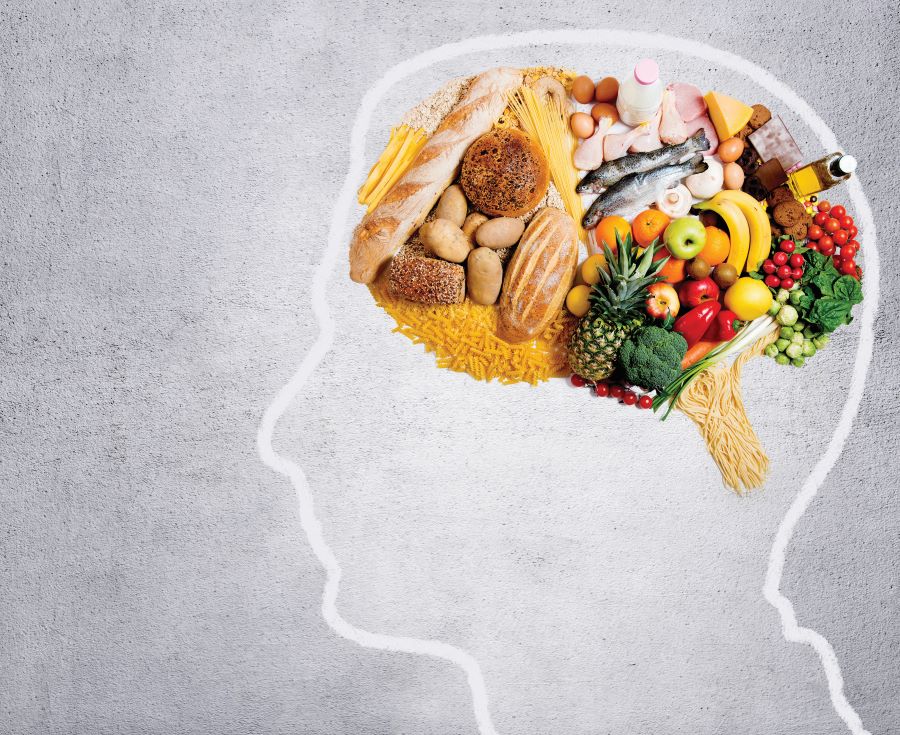Many people tend to focus on physical fitness and mental exercises when it comes to overall well-being. In many of these cases, the role of nutrition in supporting brain health is usually overlooked.
However, it is worth noting that our brains also benefit from a nutrient-rich, well-balanced diet in the same way the body needs proper nourishment to operate optimally. This article will explore the role of nutrition in achieving optimal brain health, focusing on crucial nutrients that support cognitive function and general brain vitality.
Antioxidants are potent elements that provide cellular protection, encompassing brain cells, against the detrimental effects of oxidative stress and damage instigated by free radicals. The incorporation of foods abundant in antioxidants, such as spinach, kale, strawberries, and blueberries into one’s dietary regimen has the potential to mitigate inflammation and promote optimal cognitive aging.
Omega-3 Fatty Acids
Omega-3 fatty acids, specifically docosahexaenoic acid (DHA), are of significant importance in maintaining optimal brain health. These fatty acids, which are highly prevalent in fatty fish such as sardines, mackerel, and salmon play a crucial role in promoting the integrity and functionality of brain cells.
It is widely believed that these substances have the potential to boost memory, optimize brain function, and mitigate the likelihood of experiencing cognitive impairment and neurodegenerative conditions. Vitamins and minerals play a vital role in promoting optimal brain health.
For example, B Vitamins, including Vitamins B6, B12, and folate, play a crucial role in the synthesis of neurotransmitters, which serve as chemical messengers in the brain. Various sources of B vitamins can be found in leafy greens, legumes, eggs, and fortified cereals.
Another example is Vitamin E, which possesses antioxidant properties that aid in safeguarding brain cells against oxidative harm. Nutrient-dense sources of vitamin E encompass nuts, seeds, and vegetable oils.
Moreover, essential minerals such as magnesium assume a pivotal function in the functioning of the brain and have been associated with cognitive processes such as memory retention and acquisition of knowledge. Leafy greens, nuts, seeds, and whole grains are sources of dietary magnesium.
Whole grains
Selecting whole grains, such as brown rice and whole wheat bread, can offer consistent sources of glucose, which serves as the principal energy source for the brain.
Complex carbohydrates exhibit the characteristic of gradual glucose release, thereby facilitating a sustained and uninterrupted provision of energy to the brain. This practice aids in the preservation of attention, concentration, and overall cognitive performance.
Therefore, you should always remember that In addition to regular exercise and mental stimulation, prioritizing a brain-healthy diet is essential for achieving peak cognitive performance and maintaining brain health over the long run.
Brain health can be promoted through a diet that emphasizes foods high in omega-3 fatty acids, antioxidants, whole grains, and vitamins and minerals. Keep in mind that even modest alterations to your diet can have a significant impact on your ability to use your full mental capability.
















